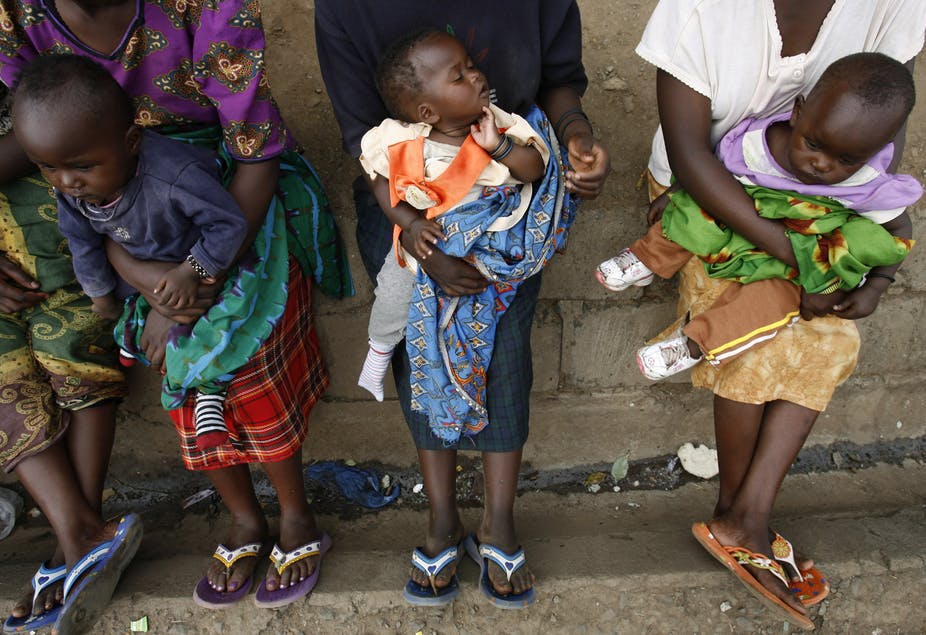NEARLY one million women and children in Zimbabwe are vulnerable to domestic violence and sexual abuse due to the rising food insecurity and the worsening economic crisis in the country, the United Nations Office for Coordination of Humanitarian Affairs (OCHA) has warned.
It said most households in Zimbabwe were adopting extreme coping mechanisms to survive.
This involves them engaging in transactional sex, with girls particularly vulnerable to family separation, early marriage, teenage pregnancy and domestic violence.

Transactional sex refers to sexual relationships where the giving or receiving of gifts, money or other services is the main factor.
“In Zimbabwe, rising food insecurity and the economic crisis pose protection risks for an estimated 840,000 women and 150,000 vulnerable children,” OCHA said.
“The risk of gender-based violence, abuse, exploitation and neglect, particularly for women and children, has risen due to disasters and food insecurity. Extreme coping mechanisms during times of household stress, including transactional sex, exacerbate the situation, with girls particularly vulnerable to family separation, early marriage, teenage pregnancy and domestic violence, with dire consequences for their sexual and reproductive health,” it added.
Zimbabwe has one of the highest rates of HIV prevalence in the world, with food and a recurrent economic crisis exacerbating the risk of HIV transmission, according to OCHA.
There has been a significant increase in households where at least one family member is living with HIV/AIDS. This figure is 27% higher compared to the 12% recorded in 2018.
“Food insecurity can pressure people into harmful coping strategies, including transactional sex, which drive new HIV infections, and there is a negative correlation between food insecurity and HIV treatment adherence, retention and success. A 2014 study of 18 countries in sub-Saharan Africa – including Eswatini, Lesotho, Malawi, Mozambique, Zambia and Zimbabwe – found that infection rates in HIV endemic rural areas increased by 11 per cent for every recent drought,” OCHA said.
The international organisation called for urgent essentials to scale up life-saving relief efforts and invest in longer-term efforts to address the root causes of rising needs in the Sadc region.
“Without this, developmental gains made over the past years in Southern Africa may be quickly eroded, requiring even more costly humanitarian response in the years to come. To date, there has been limited donor support for humanitarian response in middle-income countries,” it noted.
OCHA said the labelling of Zimbabwe as a lower-middle-income country by the World Bank often masked the extreme inequalities in the country and it was the poor and most vulnerable who were bearing the brunt of rising food insecurity and the economic crisis.
The devastating combination of floods, dry spells and the economic downturn has driven rapidly rising hunger. The deteriorating economy has also exacerbated poverty and inequality and hampered access to essential services, including healthcare.
Fuel prices have increased by more than 500 per cent this year, while prices of basic goods and services have more than doubled since June and stocks of essential medicines, diagnostics and supplies have been depleted due to foreign currency shortages.
The deteriorating economic situation has triggered discontent and protests that have been accompanied by increased restriction on the exercise of freedom of expression, association and assembly.

